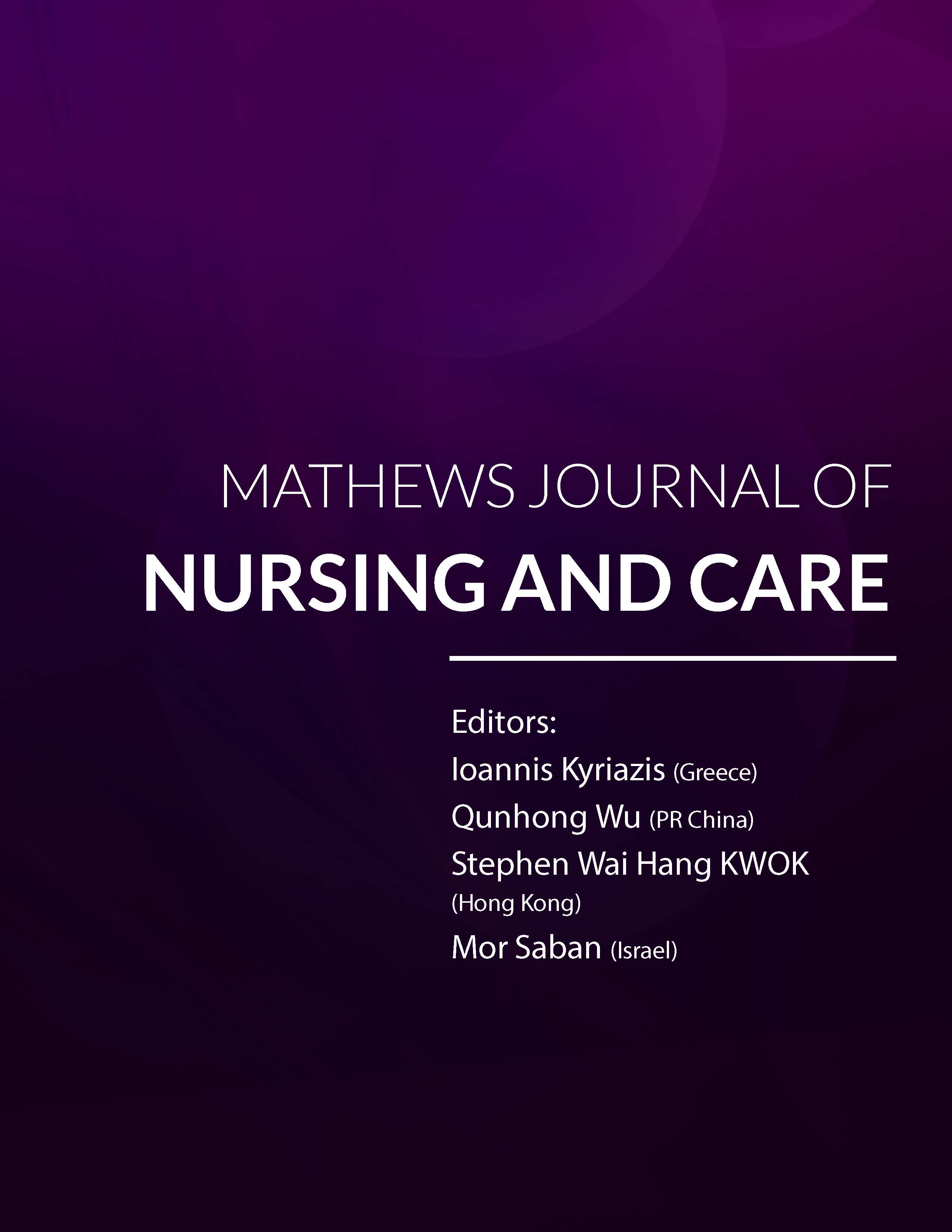
Information Links
Previous Issues Volume 6, Issue 2 - 2024
Courage as a Moderator of the Biochemical Stress Response in Military Nursing Students
Sergio Héctor Azzara1,*, Aldana Sol Grinhauz2, Diego Gonzalez3,4, Federico Fortuna5, Mariel Bravo3, Bibiana Fabre3,4
1National Defense University, Army Faculty, Military College of the Nation, Buenos Aires, Argentina
2National Defense University, Army Faculty, Military College of the Nation, Buenos Aires, Argentina
3University of Buenos Aires, Faculty of Pharmacy and Biochemistry, Department of Clinical Biochemistry, Buenos Aires, Argentina
4University of Buenos Aires, Faculty of Pharmacy and Biochemistry, Institute of Pathophysiology and Clinical Biochemistry (INFIBIOC), Buenos Aires, Argentina
5National Scientific and Technical Research Council (CONICET), University of Buenos Aires, Faculty of Pharmacy and Biochemistry, Buenos Aires, Argentina
*Corresponding Author: Sergio Héctor Azzara, National Defense University, Army Faculty, Military College of the Nation, Buenos Aires, Argentina; Email: [email protected]
Received Date: April 25, 2024
Published Date: May 20, 2024
Citation: Azzara SH, et al. (2024). Courage as a Moderator of the Biochemical Stress Response in Military Nursing Students. Mathews J Nurs. 6(2):44.
Copyrights: Azzara SH, et al. © (2024).
ABSTRACT
This study examined the role of courage as a moderator of the biochemical stress response in military nursing students. Data were collected from 79 cadets enrolled in the program. The Perceived Stress Scale, the Virtues and Strengths Inventory, and a hair cortisol measurement were used to assess subjective stress, courage, and the biochemical stress response, respectively. To study the moderation effect, a multiple regression model was constructed, including perceived stress, courage, and their interaction as predictors of the biochemical stress response. The results showed that courage had a direct effect on the biochemical stress response, reducing cortisol levels. It was also found that courage moderated the effect of perceived stress on the biochemical stress response. As courage increased, the effect of perceived stress on the biochemical stress response also increased. These findings suggest that courage can act as a protective factor, attenuating the effects of perceived stress on the biochemical stress response in military nursing students. However, it is important to consider that courage may have a differential effect depending on the context and individual perception of stress. These results have implications for the development of interventions that strengthen courage as a coping strategy for stress in this specific population. Further research is recommended to better understand the underlying mechanisms and conditions in which courage can influence the stress response in military nursing students.
Keywords: Stress, Personality, Nursing, Military education